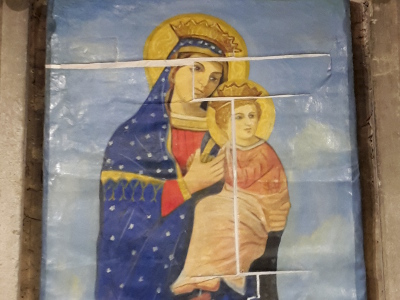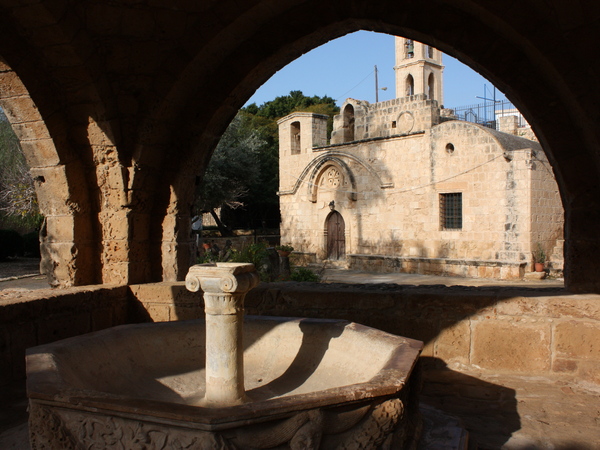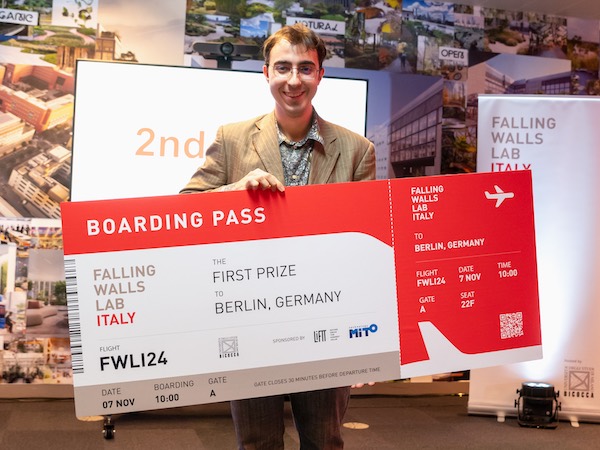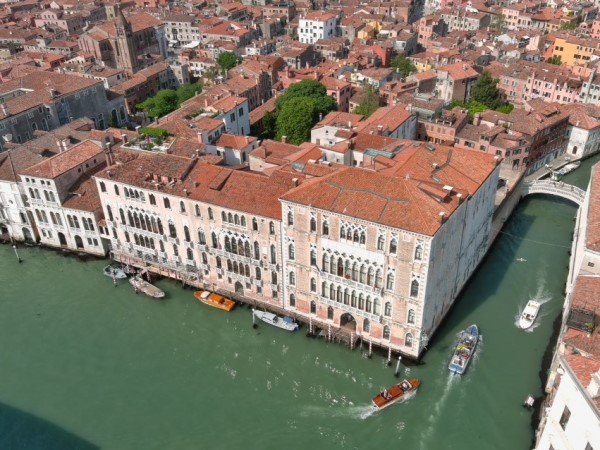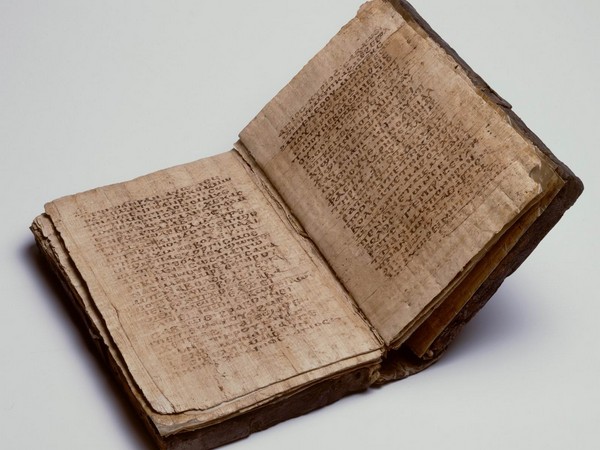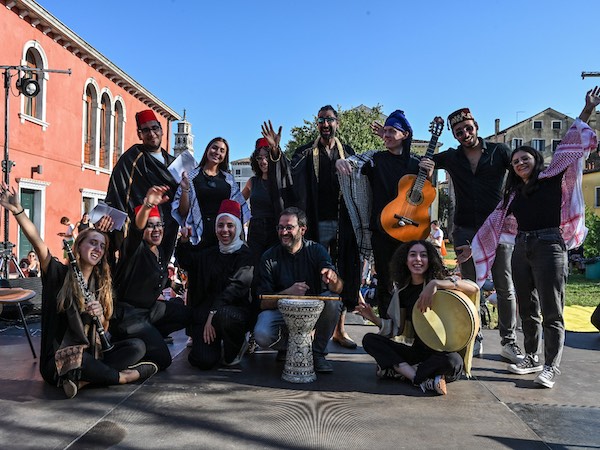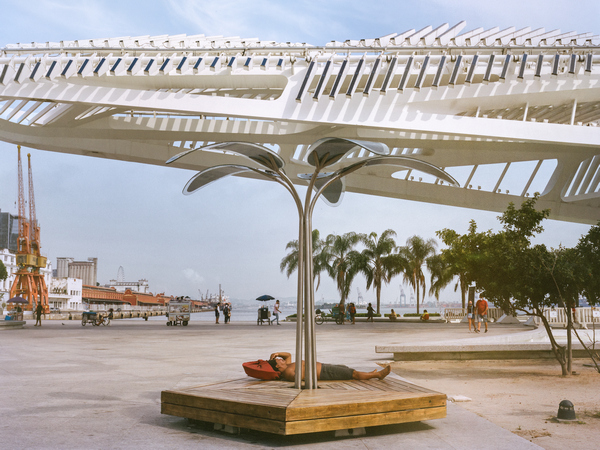Back to Life in Iraq has been made possible by a collaboration between the journalist and photojournalist Emanuele Confortin, the cultural association for arts Nuova Icona and the Ca’ Foscari International Centre for the Humanities and Social Change, that aims to promote the role of cultural humanities through the analysis of the most current controversies of the time; its team efforts, united with those of other associations, have allowed the Iraqi painter Matti al-Kanun to bring his work to Europe to exhibit them in Venice and San Servolo. The exhibition will be on until March 4th in the Oratorio San Ludovico on Calle dei Vecchi, Dorsoduro 2552, Venice, and will not only show the scale of violence of the Islamic State, that has spoilt the paintings depicting religious subjects relating to Christianity, but also a return to peace and harmony symbolised by the act of mending the canvases. This operation was also supported by Ca’ Foscari restoration students.
As Confortin recounted in his speech, the project started a year ago, in March 2017, thanks to a series of peculiar coincidences: “I found myself in Mosul, for a report on a city occupied by the so-called Islamic State; during a visit to one of numerous Iraqi refugee camps I met the painter Matti al-Kanun, a cultured man with great spirit, enthused by the Italian Renaissance and educated at the Baghdad Academy of Fine Arts. While proudly showing me his catalogue he told me he was forced to abandon 35 works in Bartella, where he lived before the arrival of the ISIS homeguard. Although ruined by the iconoclastic fury of the Jihadi, al-Kanun returned to the city which was finally liberated to recover them, and later patch them up as a symbol of resilience, not to ISIS, but to all violence. I found it admirable that a Christian believer could showcase his beliefs within the Sunni Muslim community, making it an extremely delicate moment in history, having the foresight and the wisdom standing up as a minority. In his eyes, the restoration of the canvases would have also symbolised, the bringing together of minority ethnic Iraqi groups, divided by war that has been unrelenting since 2003, who once lived side-by-side in harmony. The tears will remain visible much like the aftermath and the memory of war, but it also shows hope of finally returning to peace.
I was so struck by his profound ideas, that I accompanied him to Bartella, where we recovered the canvases. Months later, I was lucky enough to get in touch with the International Centre for the Humanities and Social Change. The director, Shaul Bassi was able to recognise the value of what was then, only an idea, and facilitated the start of this exceptional work, carried forward by many people and institutions”.
Emmanuele Confortin also responded to some questions regarding the project and the concept behind the show.
What impact can literary studies and narration have on such imposing and dramatic problems?
“I think this approach to modern crises and conflicts is essential in order to minimise the complexity of such situations and to involve the audience. Just to think that this exhibition, which brings together photos, texts, documentaries and works of art, has already been able to excite many people during its construction, is enough. Moreover, the academic interpretation given by the Centre for Humanities and Social Change will allow this project to stretch its influence into many fields, from iconoclasm, to politics, to the issue of refugees and human rights, uniting the tradition of Middle Eastern studies at Ca’ Foscari University of Venice with political and social events.”
Will it be possible to mend the fractures and wounds of a country like Iraq, just as it was possible, with dedication and patience, to mend the canvases of Matti al-Kanun?
It will definitely require a big effort, but with the will of ordinary people, the most important element in these situations. This will is present and strong throughout Iraq. During my reports I had the opportunity to talk with Sunnis and Yahabis, Yazidis and Turks, soldiers and refugees, and everyone, just like Matti al-Kanun, would like to return to living in peace, to meet and celebrate together just like before the war.”
Teresa Trallori





